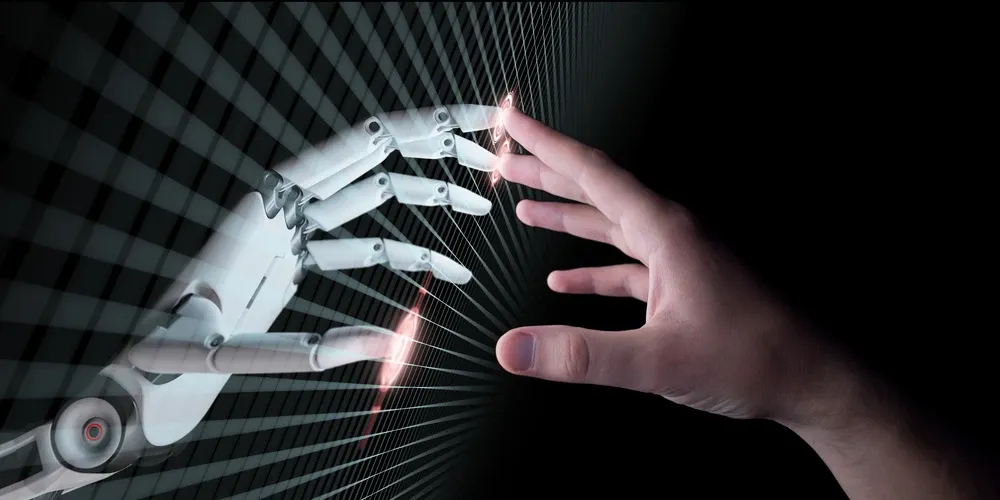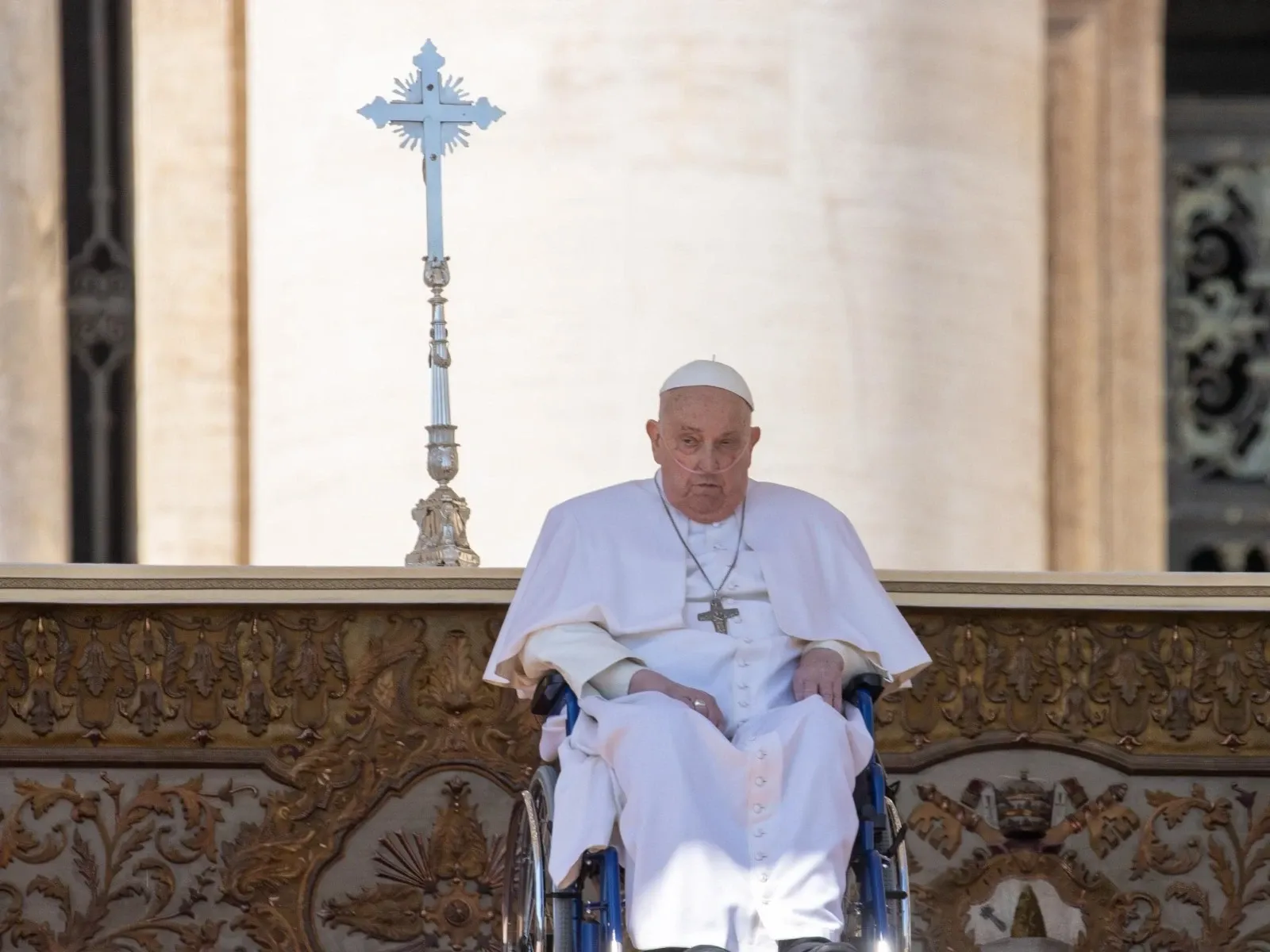“Justice and democracy could be reduced to their lowest level if new technologies lack proper state control, opening the doors to a historic period of techno-authoritarianism,” Roberto Andrés Gallardo, president of COPAJU and IFBC, told the conference.
“The great question of the present is whether the corporations are controlled by the governments or whether the governments end up co-opted by the IT corporations,” he said.
The concept note for the conference, published by the Pontifical Academy of Social Sciences, highlighted both the opportunities and risks associated with AI. While AI has the potential to advance research, improve work conditions, democratize access to knowledge, and aid medical advances, it also poses significant potential threats, including disinformation, economic inequality, and AI-driven surveillance technologies.
“We must endeavor to understand how AI is reshaping the economy, society, work, and family,” the note stated. “Yet Pope Francis highlights AI’s duality, showing promise and concern. AI offers multiple possibilities and poses risks, including increased inequality, misinformation, the displacement of workers, the reinforcement of biases, and the corrosion of democracy, justice, and human dignity.”
The pope has been vocal about the ethical challenges posed by AI. In his message to the 2025 World Economic Forum, he warned against the dangers of a “technocratic paradigm,” which prioritizes efficiency over human dignity.
(Story continues below)
“Technological developments that do not improve life for everyone, but instead create or worsen inequalities and conflicts, cannot be called true progress,” Pope Francis said.
AI and the digital divide
On the second day of the conference, participants explored AI’s implications for developing nations and underserved communities. The discussions focused on the digital divide, the role of AI in sustainable development, and strategies for ensuring equitable access to AI-driven technologies.
Throughout the conference, participants echoed Pope Francis’ call for an ethical framework for AI development that prioritizes human dignity and social responsibility. The pope has repeatedly warned against allowing machines to make decisions that should remain under human control, particularly in areas such as automated weapons systems.
“We emphasize the importance of prioritizing human dignity, agency, and decision-making in the face of AI advancements,” the conference organizers stated in the conference booklet. “We warn against delegating decisions to machines when said decisions undermine human freedom and responsibility and are detached from ethical considerations.”
The Pontifical Academy for Social Sciences highlighted a quote from Geoffrey Hinton, the 2024 Nobel Laureate in Physics known as the “Godfather of AI,” who said: “We’re entering a period of great uncertainty where we’re dealing with things we’ve never dealt with before.”
“And normally, the first time you deal with something totally novel, you get it wrong. And we can’t afford to get it wrong with these things,” he said.
Courtney Mares is a Rome Correspondent for Catholic News Agency. A graduate of Harvard University, she has reported from news bureaus on three continents and was awarded the Gardner Fellowship for her work with North Korean refugees.








